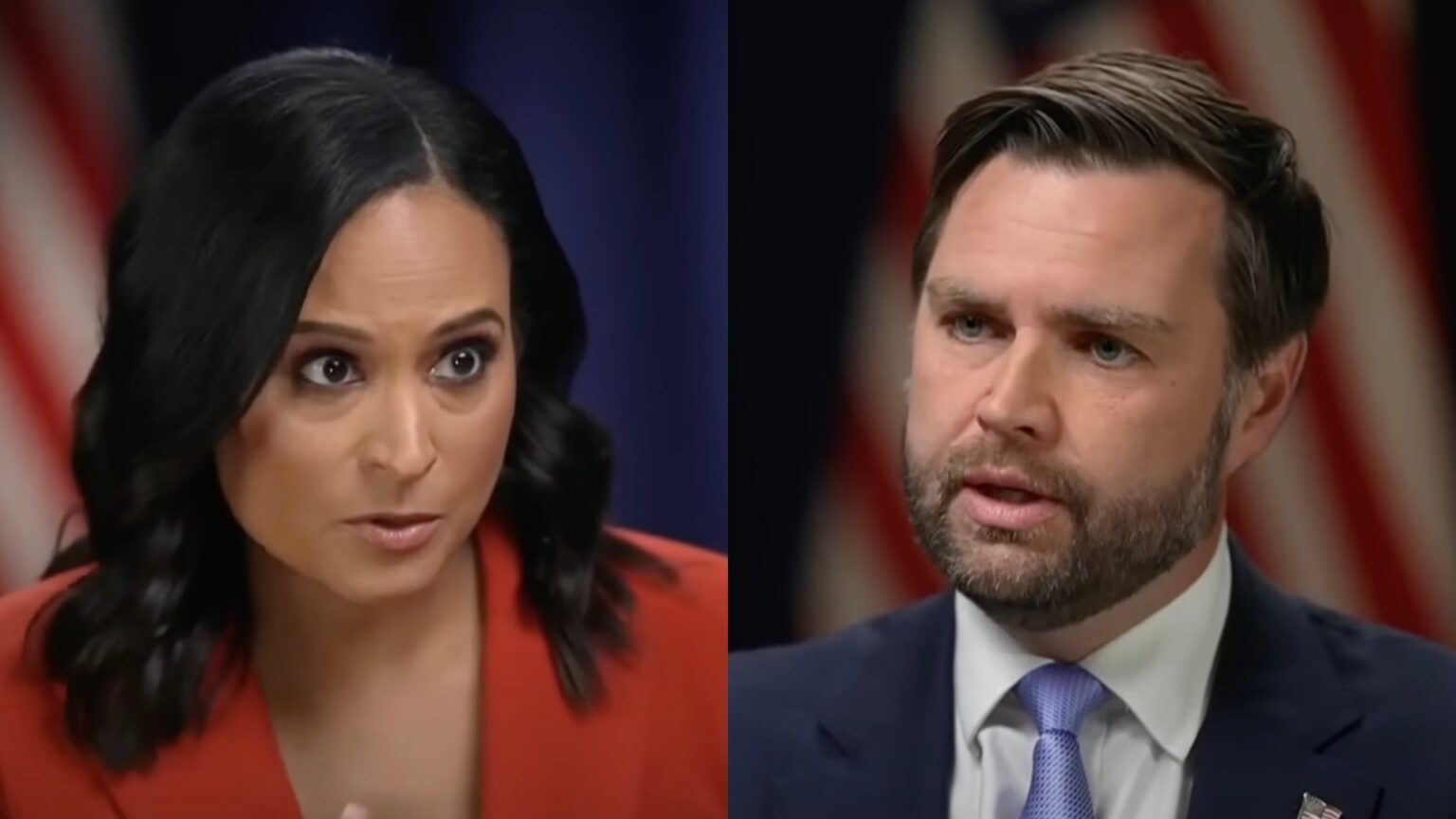In a recent discussion about former President Donald Trump’s remarks concerning an “enemy from within,” Senator JD Vance (R-OH) defended Trump’s perspective during an interview with NBC’s Kristen Welker. Trump asserted that America’s greatest threat comes not from foreign adversaries like North Korea or China, but from domestic political opponents. This sentiment resonated with Vance, who articulated that figures like Nancy Pelosi and far-left Democrats significantly contributed to the decline of the U.S. as a leading industrial power. Vance maintained that the failures of American leadership, exemplified by policies of prominent Democrats, created dire economic and security challenges facing the nation today.
Vance responded assertively when Welker suggested that concerns about foreign threats, particularly from Russia and China, should be prioritized. He emphasized that the U.S. maintains the strength to counter foreign adversaries but sees internal issues, driven by current leadership, as more pressing. He criticized Nancy Pelosi’s tenure, stating that under her leadership, the U.S. has fallen behind China economically, underscoring a belief that domestic leadership failures are fundamental to the country’s current predicaments. Vance’s comments reflect a broader strategy among some Republicans to frame the political discourse on Democratic leadership as detrimental to national security and economic health.
The interview highlighted a broader dichotomy in the framing of threats to national security. While the Biden administration has labeled domestic threats, particularly those rooted in white supremacy, as the foremost concerns, this designation has been met with skepticism and criticism by some commentators. Critics argue that the media has often failed to scrutinize the actions of the Biden administration closely while focusing instead on the narrative spun by the right concerning domestic threats. For example, despite claims from Biden and Homeland Security Secretary Alejandro Mayorkas that domestic terrorism is a significant threat, allegations of illegal immigration and border security issues continue to dominate discussions, pointing to a perceived double standard in media coverage.
Welker pressed Vance on whether leaders like Adam Schiff and Nancy Pelosi pose a greater danger than foreign adversaries. Vance maintained that the economic hardships faced by Americans, such as rising grocery prices, military recruitment challenges, and an unsecured southern border, constitute a more substantial threat than traditional foreign adversaries. He argued that these issues are directly tied to the failures of current leadership rather than external forces. This perspective is part of a shifting Republican narrative, focusing attention inward and attempting to rally support against the backdrop of perceived ineffectual governance.
Furthermore, the rhetoric surrounding domestic threats reveals an evolving political landscape where both parties are leveraging perceptions of security to define their platforms. While Biden’s administration focuses on combating domestic terrorism, the GOP emphasizes the failures linked to economic policy and border security as central to their campaign strategies. This transition suggests a deepening polarization where both sides prioritize different aspects of national security depending on their political narratives and electoral ambitions.
The discourse initiated by Trump and defended by leaders like Vance signals a continued push from the Republicans to reshape the narrative around national threats, particularly in relation to leadership accountability. The confrontation between foreign and domestic threat perceptions is likely to shape future electoral strategies as both parties attempt to navigate growing divisions within the electorate. As economic and social challenges worsen, the focus on leadership and the effectiveness of governance will become increasingly critical in shaping public opinion and policy direction in the years to come.

